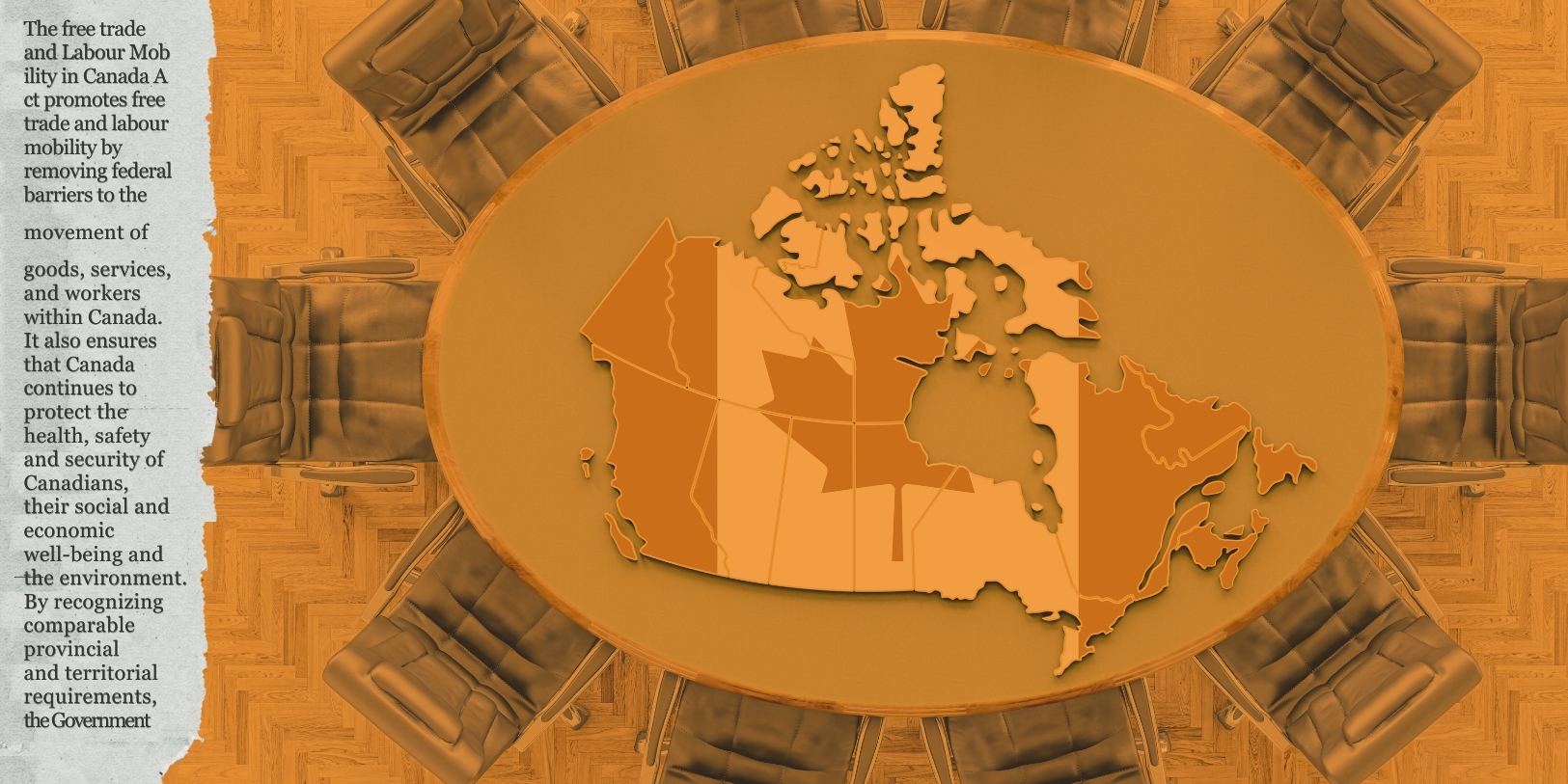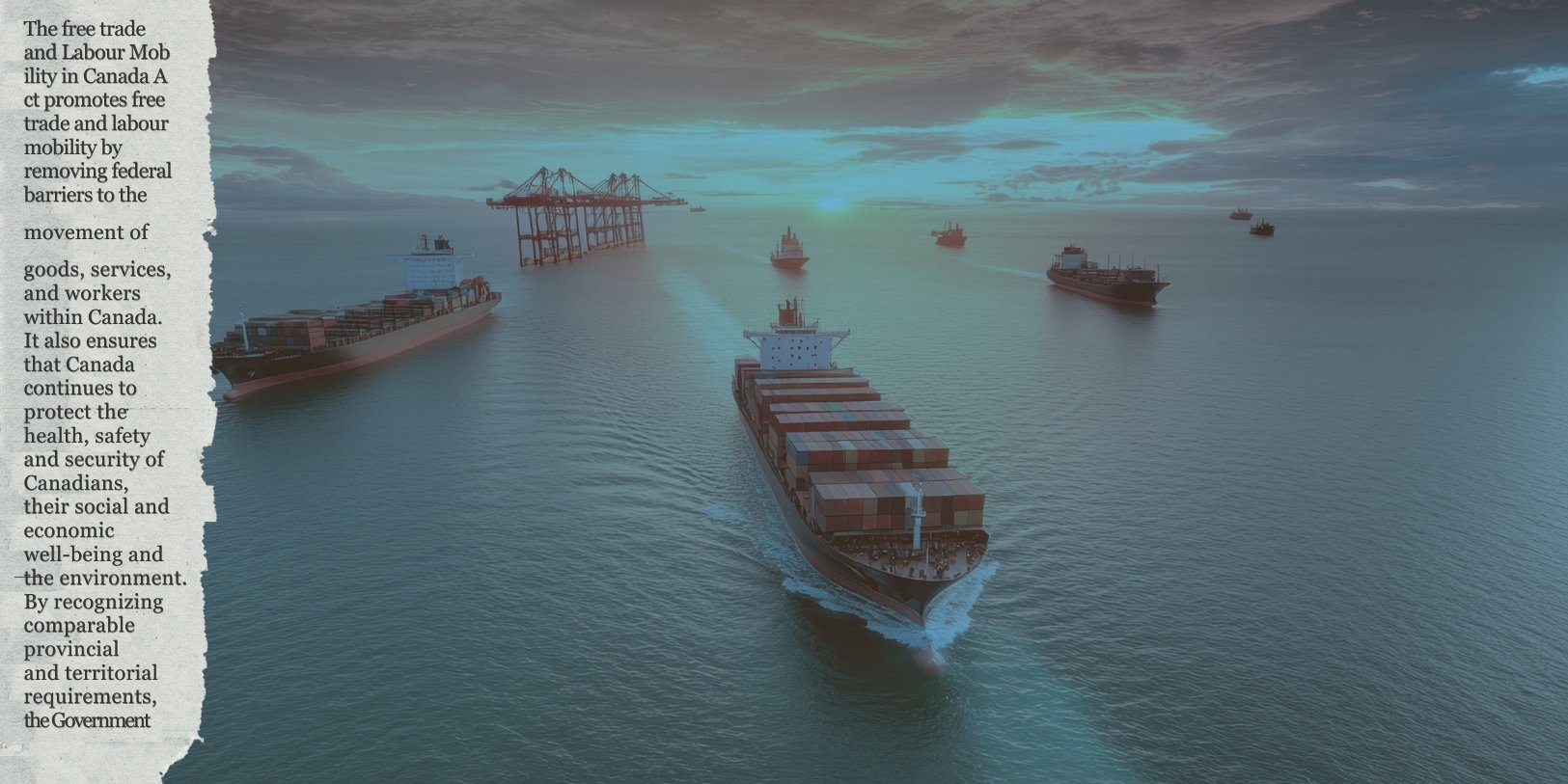We deliver essential news without the noise. Stay ahead of the evolving trade landscape so you can plan with more visibility and respond before changes impact your business.
CFIA Updates Common Names for Milk Ingredients on Food Labels
.jpg)
Businesses have until January 1, 2030, to transition to the updated common names for milk ingredients used in the list of ingredients on Canadian food labels.
Canada Introduces $75M in Market Diversification Funding Under AgriMarketing

For Canadian businesses looking to enter new markets, the new AgriMarketing Market Diversification streams can cover up to 70% of eligible costs for market-entry activities.
CFIA Updates Fresh Fruit and Vegetable Import Grade Requirements
.jpg)
Most fresh fruit and vegetable grade requirements are now maintained by the DRC, and mandatory grading no longer applies for imports destined for manufacturing, processing, or preserving.
Canada Updates Federal Procurement Thresholds Under Free Trade Agreements For 2026–2027

The updated thresholds determine when Government of Canada procurements are subject to trade agreement rules.
CBSA Announces Changes to Mass Adjustment Submissions Under CARM

The update standardizes mass adjustment submissions in the CCP, including a mandatory BSF987 form and required reason code orders when multiple issues apply.
Final Tentative Collective Agreement Reached Between Canada Post and CUPW

Tentative five-year agreements have now been finalized, and the next step is a national ratification vote, with no strike or lockout expected during the process.
CBSA Publishes Guidance on How to Claim Steel Surtax Remission for Eligible Imports
.jpg)
Steel surtax remission is available only in specific scenarios, and the claim depends on supporting documentation and CAD reporting using the designated authorization codes.
Late Payment Penalties and Interest Under CARM To Resume Starting January 31

If your account has an overdue balance by the end of January, late payment interest will begin accruing and will be reflected on the February 25, 2026, SOA.
CMA CGM Announces Rate Restoration Initiative on Cargo from North Europe to Canada’s East Coast

Cargo moving from North Europe to or via Canada’s East Coast may be subject to CMA CGM’s RRI pricing adjustment for sailings on or after February 10, 2026.
Port Saint John Completes $247 Million Modernization Project

The modernization significantly expands Port Saint John’s capacity and increases its ability to handle higher import and export volumes.
Search Topic
Latest Articles
- CFIA Updates Common Names for Milk Ingredients on Food Labels
- Canada Introduces $75M in Market Diversification Funding Under AgriMarketing
- CFIA Updates Fresh Fruit and Vegetable Import Grade Requirements
- Canada Updates Federal Procurement Thresholds Under Free Trade Agreements For 2026–2027
- CBSA Announces Changes to Mass Adjustment Submissions Under CARM
